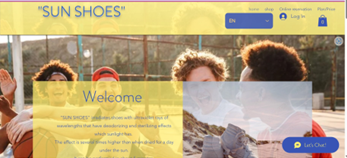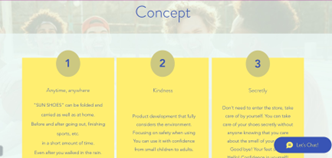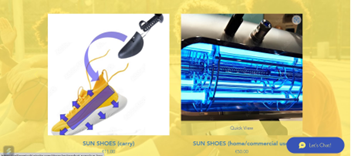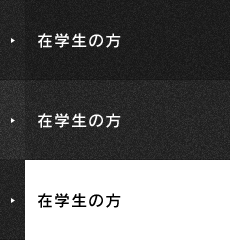協定校シーズンプログラム (ベルリン工科大学) 2023年7月17日~8月11日
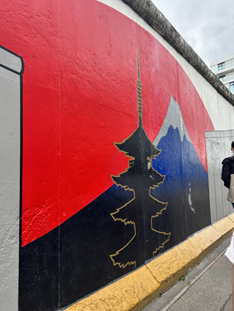
留学時の学年: |
M1 |
|---|---|
所属: |
理学院化学系 |
留学先国: |
ドイツ |
留学先大学: |
ベルリン工科大学 |
留学期間: |
2023年7月17日~8月11日 |
プログラム名: |
Introduction
From 17 July to 11 August 2023, I had an opportunity to attend a four-week summer course at Technical University (TU) Berlin in Germany. I took a Startup Crash Course, which taught students how to start a successful business. Two reasons why I decided to join this summer course were as follows. First, I had previously attended a summer course with fellow students from my school in Japan. This time, I wanted a “solo try”. Secondly, I became interested in business after participating in a similar class offered by the University’s Tokyo Academy for Leadership (TOTAL) program.
Startup Crash Course
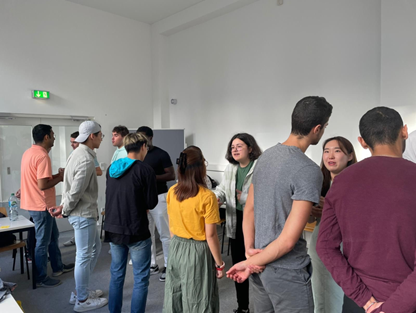
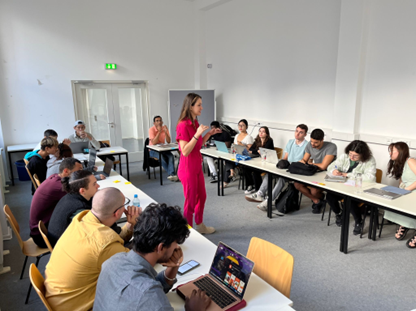
Overview of the course
The final goal of the Startup Crash course was to make students launch their businesses. The class had 20 students who were guided by 3 instructors. Each student was expected to select one particular business idea and worked on it throughout the course. The class structure was that we learnt the basic business principles in the morning and then applied them to our business idea more in-depth. In the afternoon, we shared our ideas and received feedback from our classmates and, of course, helpful advice from our instructors. Every Thursday, all students were required to give a presentation about the progress of their project to the class, i.e., how much they developed their business idea in the week.
In addition, once or twice a week, investors or entrepreneurs were invited to talk about their business experiences, and they offered advice on how to start a business smoothly. Their insights provided us with clear ideas on how to launch a business. I was impressed that many kinds of business exist in the world, and a lot of people utilize science and technology to create their innovative business.
Coming up with my business idea
Initially, I was thinking of creating a business relating to how to make our daily living more comfortable. I came up with a new business idea about deodorized products when I returned to my hotel after a long walk sightseeing. I realized that my feet and shoes became stinky, an interesting odor. So I wondered if this happened only to me, or perhaps, a lot of my friends have experienced a similar issue. As a result, I came up with a new business idea and decided to make deodorized products for feet and shoes.
Questionnaire
Once I came up with my business idea, I prepared a questionnaire to develop my business idea further. The questionnaire with 10 questions was sent to more than 70 acquaintances from diverse backgrounds and generations (thank you for your kind assistance!). One question was, “When did you find the problem the most about the shoes and feet odor in your life?” Most respondents answered they were concerned about the odor the most when they were in high school and university.
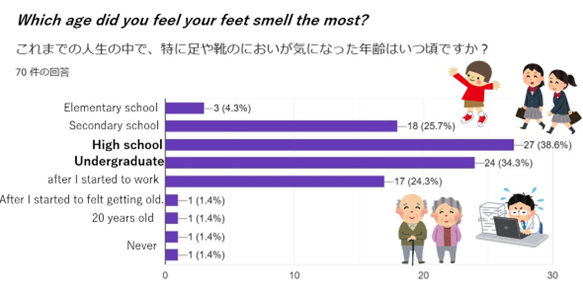
Furthermore, I asked in my questionnaire, “What situation do you worry about foot odor, such as after walking all day or exercise?”. Many people answered, “After exercising.” Thanks to these feedbacks, I identified my persona (the target customers), high school and university students who like to exercise regularly. Moreover, I realized that many people tend to take care of shoes more than feet because even if one wash their feet, their stinky shoes can cause their feet to odor. Based on these results, I decided to focus on shoe deodorizer.
Through this process, I was able to establish my value proposition: “Customers can deodorize their shoes with my product”, and customers can enjoy their comfortable and odorless shoes every day.
Testing my hypothesis
Regarding deodorizing shoes, I found many ways, such as using special insole, deodorizing spray, and putting powder in shoes. To make a difference from competitors and leverage my science background, I came up with UV-light equipment that we can put inside the shoes and deodorize. I learned that while some companies have already provided UV-light deodorizing products, they were limited in numbers, leaving room for improvement. Thus, I decided to use UV-light. As for the advantage of my product, users can deodorize immediately, and the price is reasonable, considering my target customers are young. I also thought about the products for professional use, like gyms, as people can quickly take care of unpleasant odors.
Minimum Viable Product (MVP) is a solution which provides the minimum profit to customers. In principle, I should test my product by creating an MVP. However, I opted out of it due to time and budget constraints in this short summer course. Accordingly, I made my landing page to show my customers my product image.
To know how many people were interested in and wanted to buy my products, I counted the number of people who visited my landing page and the percentage of those who answered that they wanted to buy. As a result, around 120 people visited the page and 25 gave feedback. Furthermore, 24 responded that they wanted to buy. Consequently, I concluded that my business idea would be successful. Through the feedback about the landing page, I revisited the price, safety information, and the size and weight of the product. In addition, I updated my landing page to showcase the product image.
Cost and Revenue
As for finance, there were some classes about revenue and cost calculation. To make my business plan clearer, I calculated how much money I needed and could gain from selling products in 3 years. There were many kinds of costs, such as advertisement, renting a room, and employment, in addition to revenue. It was very important to think of everything correctly because the unplanned cost might lead to a business failure. In addition, I expected to borrow money, make a profit from selling products, pay taxes, and repay the loan.
Moving to an advertisement, I wondered about using SNS, television cm, magazines, advertising on trains, etc. In the beginning, I chose SNS and magazines because of their lower cost. However, after comparing them, I learnt how to calculate appropriately, i.e., I needed to consider not only the cost but also a better way to reach out to my target customers. After the recalculation, I concluded that SNS would be the best option, especially LINE, the most popular among the main customers. As for the way of selling, I chose online sales because it is much cheaper than operating a physical shop.
Final pitch
On the final day of this course, all students presented their business ideas in 3 minutes and received feedback from the instructors and juries. I also presented my business idea to attract investors to my company. I needed to explain that I would be able to gain profit and increase the dividend. As for feedback for my idea, with pros, I focused on the niche market, and with cons, I was advised to tell the difference from other products in the market more clearly. Reflecting on this class, I have learnt how to develop my business idea and present it effectively. I have also learnt to test it by making a landing page for the product webpage, calculating costs and revenue, and finally gaining profits and paying dividends in 3 years.
Outside the class
Cultural program
The summer course offered around 15 cultural programs in Berlin, Potsdam and Dresden.
In Berlin, I noticed a mixture of historical and modern buildings. We had an opportunity to see the Berlin Wall and buildings, which showed that Germany was once divided into East and West. In Potsdam and Dresden, we enjoyed natural scenery, and it was fun to see that many people played musical instruments on the streets. I also realized many buildings were reconstructed to preserve the cityscape after the war. Overall, the cultural program taught me that people in Germany value history, cityscape, music, and art.
Timetable
From Monday to Thursday, we had a class from 9:30 a.m. to 3:30 p.m. After the class, I participated in a cultural program with my friends or sometimes went to coin laundry. When I attended cultural programs, I usually came back to my room around 8 p.m. Then, I reviewed and prepared for the next day’s class. On Fridays and weekends, the University offered special cultural programs, such as trips to Potsdam or other cities. Many students joined the programs, which enabled me to make friends outside my class. Generally, around 30 students participated in each cultural program.
Communication and name
During this summer course, I enjoyed talking with participants from various countries, and learnt how to communicate effectively. I found that addressing people by their names was essential fostering familiarity and developing friendships quickly. I would like to share my two experiences that highlighted this point. Firstly, one of my classmates addressed me by name on the first day of the course, even though we had not spoken before. I was so impressed and happy about it. Secondly, while playing volleyball, I struggled to recall a classmate’s name, which prevented me from communicating with him more smoothly. Through these experiences, I believe using people’s names is crucial for establishing pleasant communication.
Safety and Security
As a preparation and precaution, before going to Germany, I visited the websites of the Japanese Embassy, and the Ministry of Foreign Affairs for information on safety and security in Germany. In addition, I purchased overseas travel insurance in case of unforeseen events. At the hotel, I paid attention to my surroundings when I entered my room and tried to come back to my hotel by 8 p.m. When I was outside, I kept valuables inside my bag, held them in front of me, and tried not to be alone late at night.
Final reflection
My preparation and plan
Before attending the summer course, I read several books about German history and studied German, French, and IELTS. I also practiced communication and debate in English and learn about business at TOTAL. After the summer course, I will continue what I have accomplished so far. In addition, I will start to look for a university to study abroad for a more extended period.
Conclusion
To conclude, I would like to mention how I can apply my summer course experience to my future study. Throughout the course, I noticed that a lot of students raised their hands and asked many questions when they did not understand well in the class. However, I was too busy trying to understand the content, so it took a lot of work to ask questions. As I got accustomed to the class, I began to ask questions. I found asking questions was important for both me and my classmates. Thus, I would like to continue this practice by actively participating in lectures and asking questions at the University in Japan.
Another objective I have is to present my opinions logically and clearly. At the summer course, I realized that just studying and preparing was not enough. I also need to communicate my ideas to others effectively. Otherwise, my classmate could not know what I had done and what my option was. I was impressed that my classmates gave excellent presentations and responded accurately when they were asked questions. As a result, I aim to improve my communication skills by speaking more logically and clearly, and answering questions precisely. Lastly, it was great to have the opportunity to learnt about business, communication, and German culture during the summer course.
この体験談の留学・国際経験プログラム情報
他の関連する体験談
-
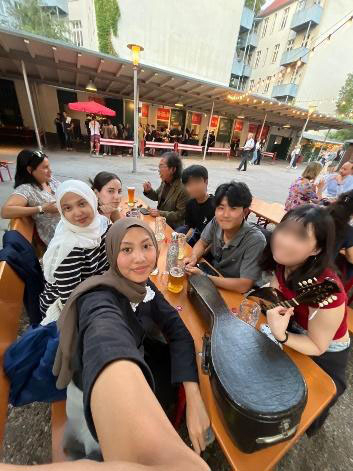
協定校シーズンプログラム (ベルリン工科大学) 2025年8月18日~8月29日
- ドイツ
- ベルリン工科大学
- 2025年8月18日~8月29日
- 国際交流・異文化体験、授業履修
-
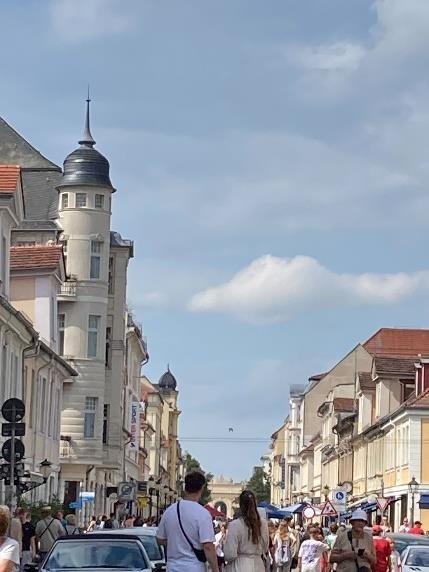
協定校シーズンプログラム (ベルリン工科大学) 2024年8月12日~8月23日
- ドイツ
- ベルリン工科大学
- 2024年8月12日~8月23日
- 授業履修
-
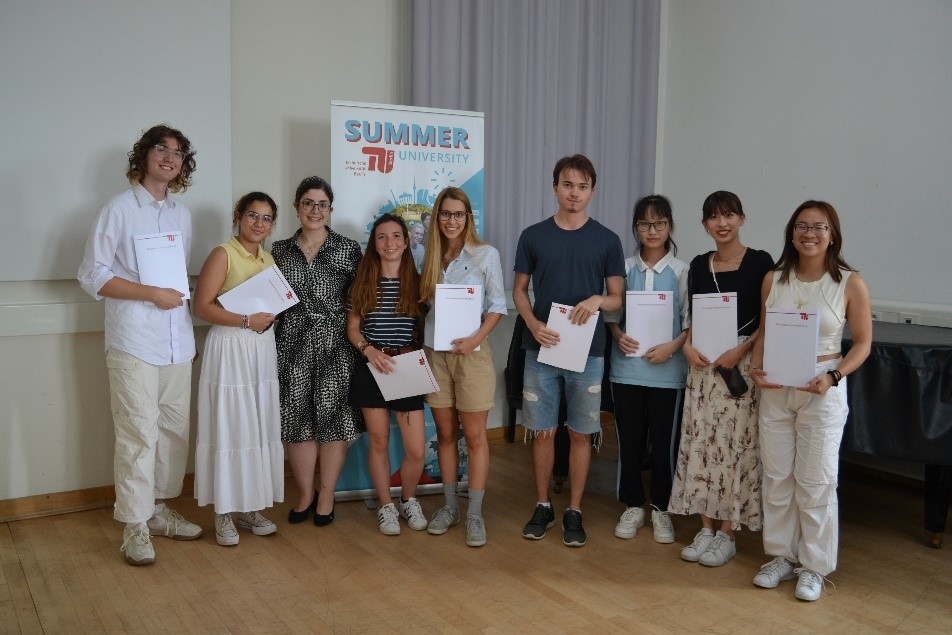
協定校シーズンプログラム (ベルリン工科大学) 2023年8月14日~8月25日
- ドイツ
- ベルリン工科大学
- 2023年8月14日~8月25日
- 国際交流・異文化体験、授業履修
-
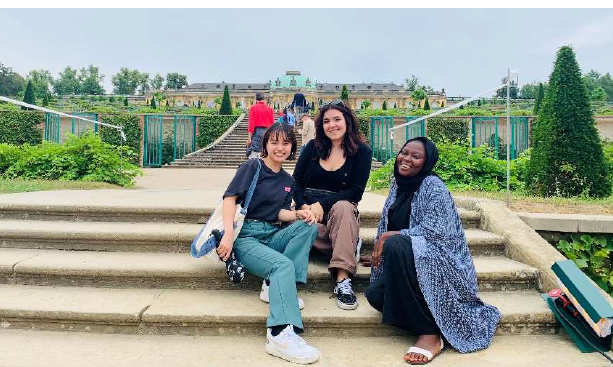
協定校シーズンプログラム (ベルリン工科大学)2022年8月
- ドイツ
- ベルリン工科大学
- 2022年8月15日~26日
- 国際交流・異文化体験、授業履修
-
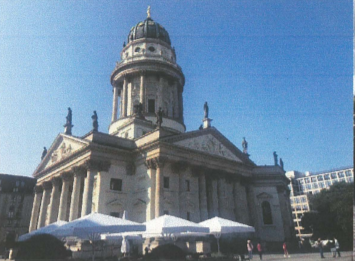
協定校シーズンプログラム (ベルリン工科大学) ベルリン工科大学 2019年8月
- ドイツ連邦共和国
- ベルリン工科大学
- 2019年8月
- 授業履修


